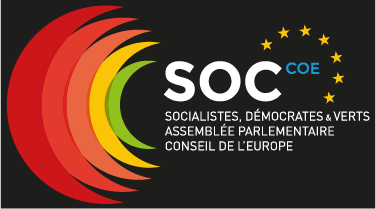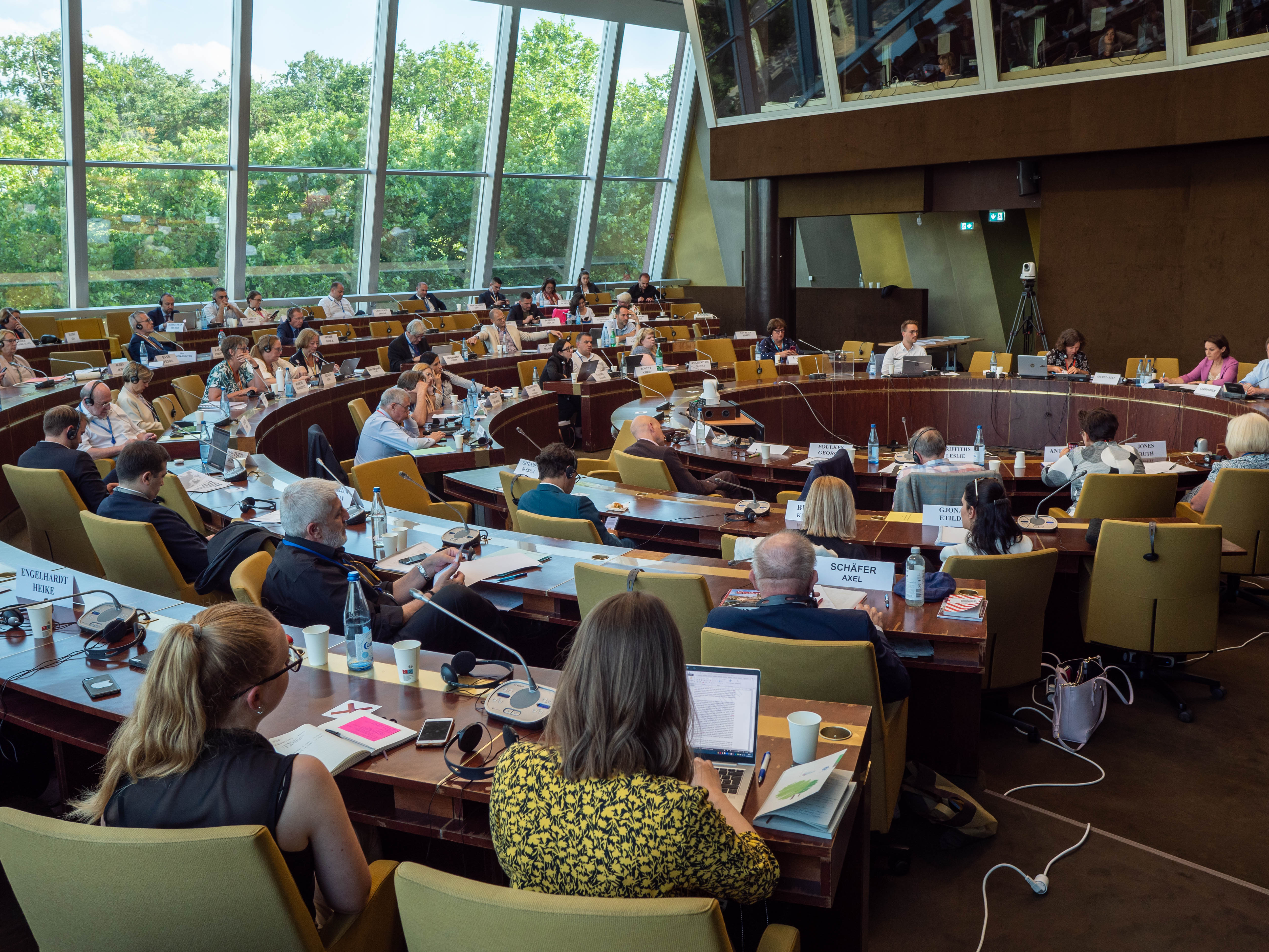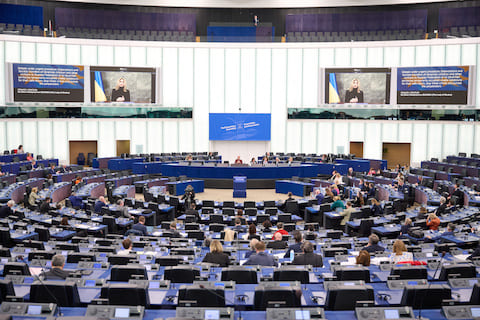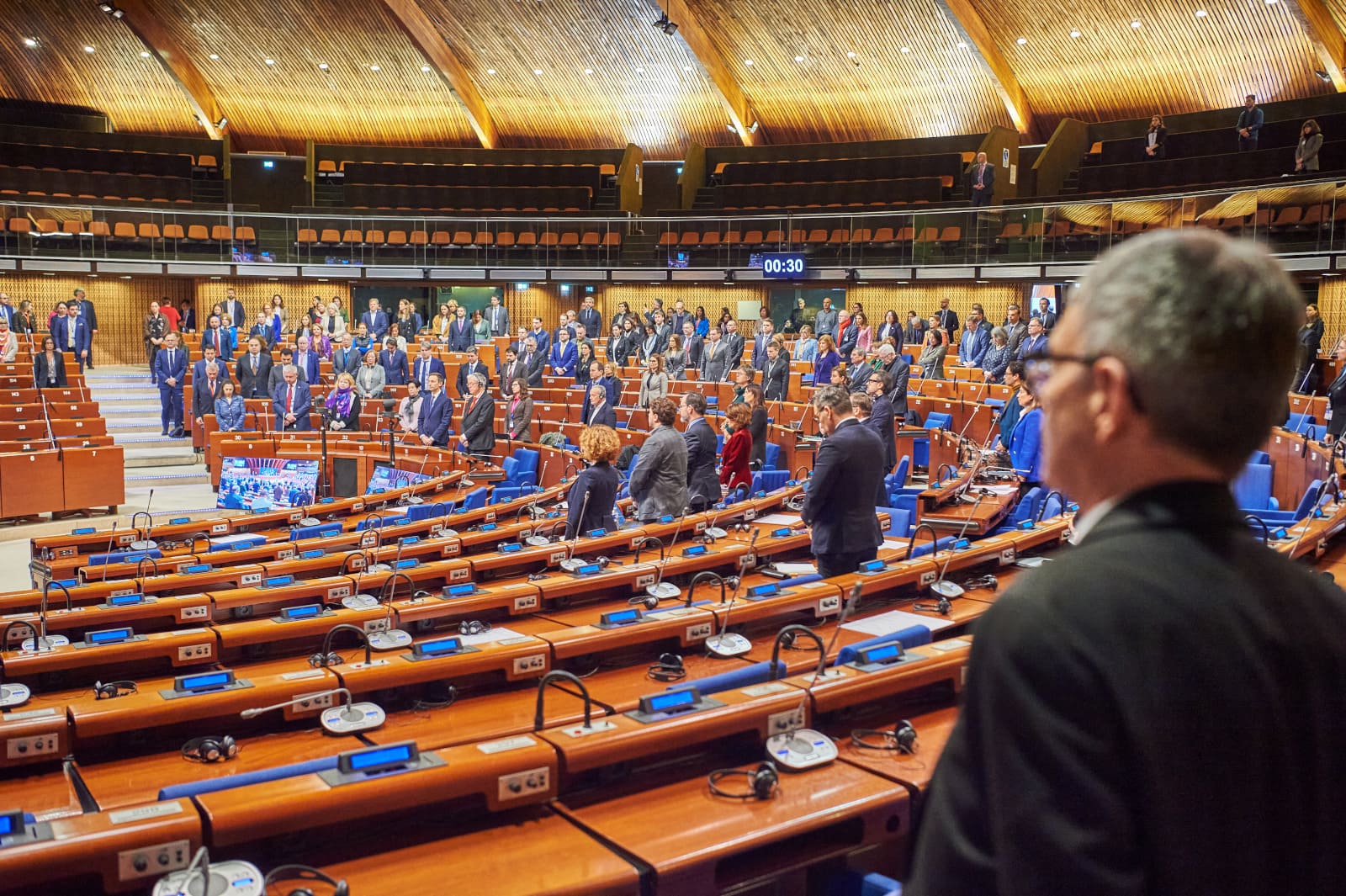Deals concluded by the EU with third countries on asylum seekers lead to serious human rights violations. This is what the Parliamentary Assembly of the Council of Europe concluded today by adopting a resolution drawn up by rapporteur Tineke Strik, member of the Socialists, Democrats and Greens’ Group, from the Dutch Delegation. European countries have too little concern for the protection of refugees outside their own borders. This is evident from the deals that are concluded with third countries that they by no means meet the requirements of the Geneva Refugee Convention.
Tineke Strik say « In exchange for money, trade benefits or visas, we push countries outside Europe to close their borders and take over the responsibility for migrants from us. For this purpose, refugees are trapped in countries where there are no or too few guarantees for good reception and protection. The fact that migrants are out of sight does not mean that they have no rights. »
The Parliamentary Assembly states that with this policy, European countries are shifting more and more responsibility to other countries, which already receive many refugees or expose migrants to major dangers and ill-treatment. The EU development budget is also increasingly being used with the objective of reducing migration by using the budget for border control activities. The Assembly urges the EU member states to refrain from making funding for developing countries conditional on their acceptance of delegated migration control.
The deals with third countries increase the risk that migrants are “stranded” in transit countries. In these countries, they run a greater risk of punishment and restrictive measures such as refoulement, administrative detention and inhumane treatment. It is also a way for EU Member States to reject their own responsibility for the protection and resettlement of refugees.
The Assembly calls on the EU to do more to ensure that the rights of asylum seekers are defended and maintained, especially when a degradation of these rights is a direct consequence of measures taken or funded by Europe. It therefore urges European countries to make human rights impact assessments before entering into cooperation, to monitor human rights independently and to suspend cooperation if the rights of the refugees are no longer guaranteed. Furthermore, the resolution calls for more solidarity with the countries in the region by supporting them in the reception of refugees and by allowing many more refugees to come to Europe through legal means.





